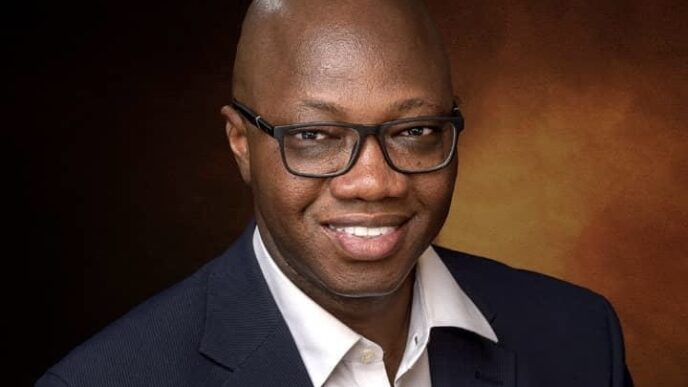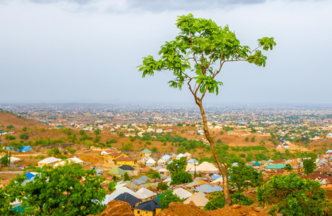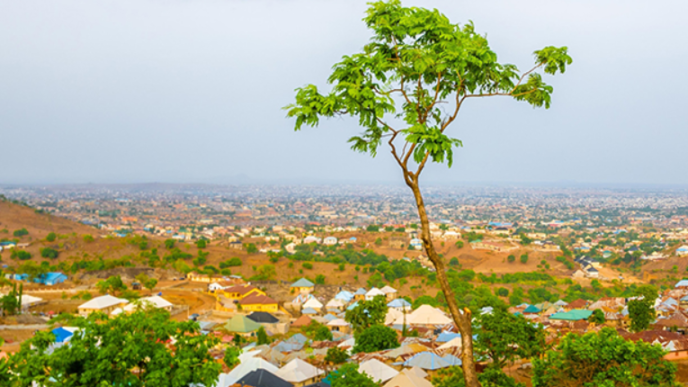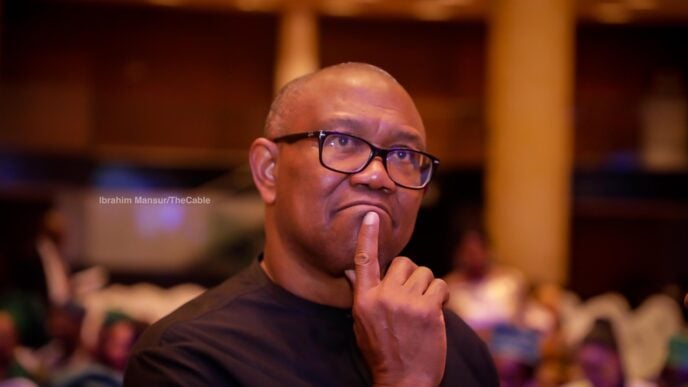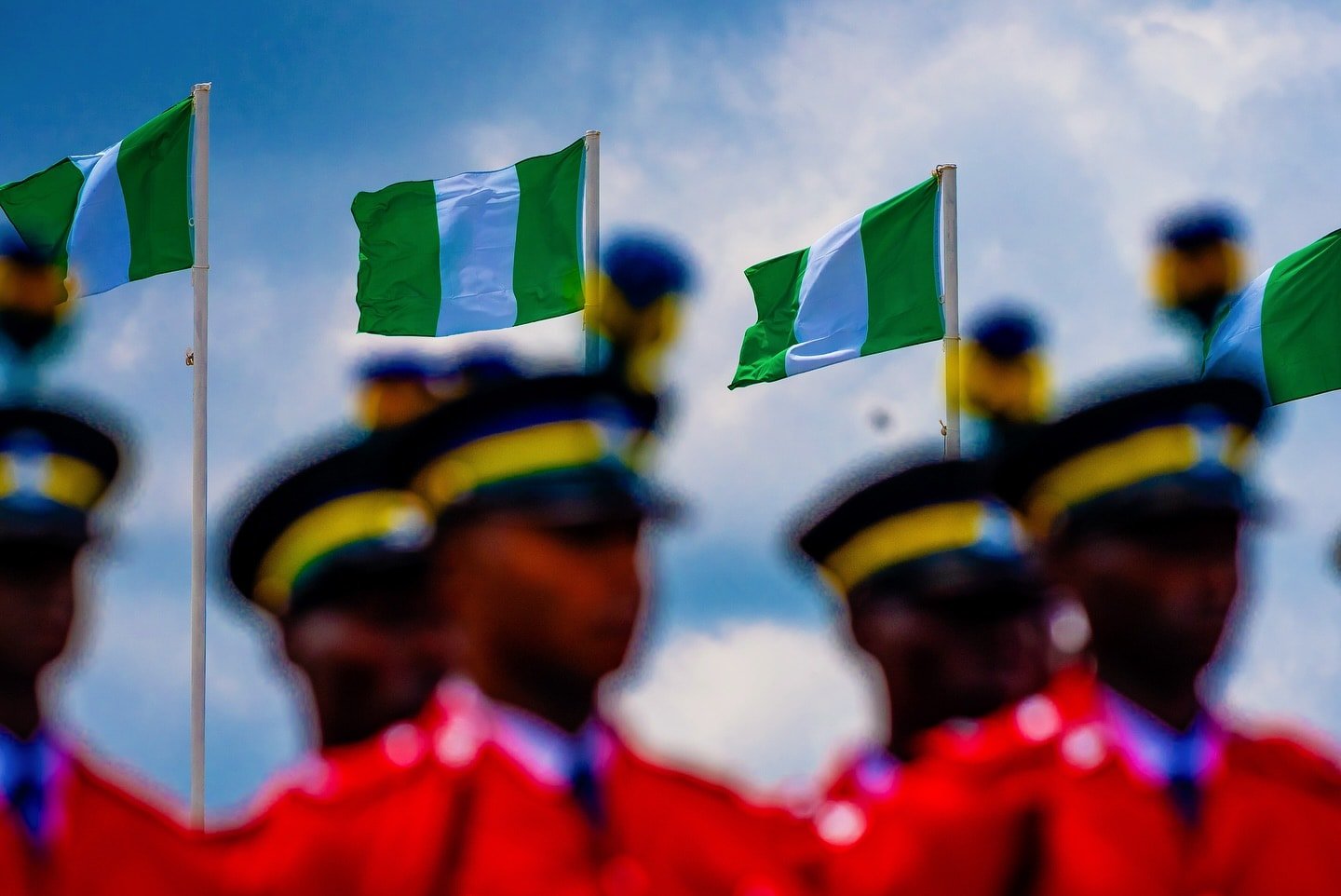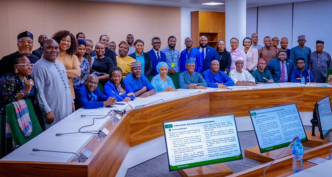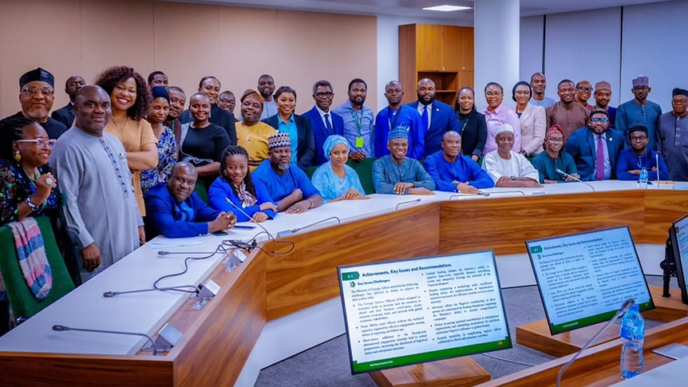BY OLUWASEUN BALOGUN
By all appearances, the federal ministry of women affairs was created with noble intentions. Empowerment, protection, and inclusion were the cornerstones upon which the institution was built. Tasked with overseeing the well-being and advancement of half the country’s population, the ministry’s mandate is not just administrative, it is moral, constitutional, and deeply human.
Yet, more than two decades since its establishment, serious questions persist about its visibility, impact, and relevance in the lives of ordinary Nigerian women and girls. What exactly is the ministry doing, and more pressingly, what has it failed to do?
A mandate with teeth, but no bite
Advertisement
The ministry’s responsibilities are defined by several guiding documents. The 1999 Nigerian Constitution (Section 17[3]) mandates the state to ensure that “children, young persons and the aged are protected against any exploitation, and against moral and material neglect.” The Child Rights Act (2003), which prohibits child marriage, and the Violence Against Persons Prohibition (VAPP) Act, 2015, which criminalises gender-based violence, are among the legal instruments the ministry is expected to champion and implement.
However, there is an ever-widening gap between what is legally expected and what is practically delivered. While these frameworks are in place, the enforcement mechanisms remain lethargic or non-existent. The ministry’s interventions are sporadic, often reactive, and rarely sustained.
The plight of the girl child in IDP camps
Advertisement
Nowhere is this failure more visible than in Nigeria’s internally displaced persons (IDP) camps. As of 2023, Nigeria is home to over 2.3 million IDPs, the majority of whom are women and children displaced by conflict in the north-east. These camps are hotbeds of vulnerability (places where the most basic rights, including access to education, healthcare, and safety, are denied).
In camps across Borno, Adamawa, and Yobe states, girls as young as 10 are unable to attend school. Makeshift learning centres are rare, and teachers are often unpaid volunteers. According to a report by Plan International, over 65 percent of girls aged 10 to 17 in IDP camps have no access to structured education. In such conditions, it is no surprise that early marriage and exploitation become normalised survival strategies.
Yet, these are not obscure crises. They are nationally acknowledged, regularly reported, and well within the operational jurisdiction of the ministry of women affairs.
Where then is the response?
Advertisement
Child marriage: A crisis of culture and leadership
Another major responsibility of the ministry is the eradication of child marriage. But the figures remain grim. UNICEF estimates that 43 percent of Nigerian girls are married before the age of 18, with the north accounting for the bulk of these cases. Despite the National Strategic Plan to End Child Marriage (2016–2021), implementation has been minimal, underfunded, and inconsistently monitored.
Worse still, the Child Rights Act, which explicitly outlaws child marriage, has only been domesticated in 25 out of Nigeria’s 36 states. The ministry has the role of spearheading advocacy for full adoption nationwide. But state-level resistance and the absence of a sustained federal push have left millions of girls exposed to lifelong trauma under the guise of culture or religion.
Budget without impact
Advertisement
A look at the ministry’s financial footprint further reveals troubling inefficiencies. In the 2024 budget, the ministry was allocated approximately N7.2 billion. Yet, less than 30 percent of this amount is set aside for direct programmatic interventions. The rest goes into salaries, logistics, and recurrent expenditure.
In a country where one in 3 women aged 15–49 experiences physical or sexual violence (NDHS 2018), and where girls remain disproportionately affected by poverty and under-education, this kind of budgetary allocation reflects a lack of urgency. It suggests a system more invested in self-preservation than in service delivery.
Advertisement
Silence in times of crisis
Public communication from the ministry is infrequent and often limited to commemorative events: International Women’s Day, Girl Child Day, and similar observances. But when national crises affecting women occur, such as the recent escalation of gender-based violence in IDP zones, or the rape and murder of schoolgirls in conflict-affected areas, the ministry’s response is either delayed or buried in bureaucratic jargon.
Advertisement
The ministry is expected not only to formulate policies but to lead national conversations and coordinate effective responses. Advocacy, visibility, and presence in times of need are as crucial as long-term programming. In all these, the ministry remains alarmingly absent.
A call to reimagine, rebuild, and recommit
Advertisement
It is important to state that the failures of the ministry of women affairs are not entirely due to bad faith. Nigeria’s governance system is laden with bureaucratic bottlenecks, budget constraints, and political interference. But these should not be used as excuses for inaction, especially when the stakes are this high.
The ministry must return to the drawing board, not to redesign its mandate, but to reignite its commitment to that mandate. It must become visible in conflict zones, vocal in legislative advocacy, and vibrant in community engagement. It must prioritise outcomes over optics.
Accountability mechanisms should be strengthened. Civil society must be empowered to audit performance. Funds must be tied to tangible impact. Programs must be community-driven and context-specific. Above all, the ministry must begin to listen not only to policymakers but to the girls in Gwoza, the widows in Makurdi, the mothers in Sokoto, whose realities are shaped by whether this institution lives up to its promise.
A ministry that must find its voice again
The ministry was not created to host roundtables and issue press releases. It was born out of a national recognition that women and girls in Nigeria face unique structural barriers and that their rights deserve dedicated attention.
The proverb says, “Train a girl, and you train a nation.” But training requires schools. Safety. Voice. Leadership. And above all, commitment. These are the things that must define the ministry’s future if it is to matter at all.
Oluwaseun Balogun, a social worker, can be contacted via [email protected]
Views expressed by contributors are strictly personal and not of TheCable.


